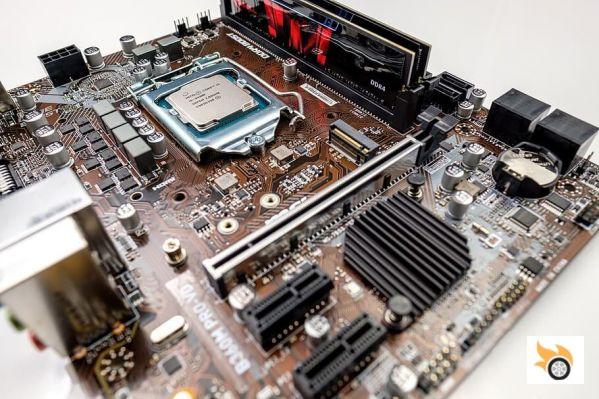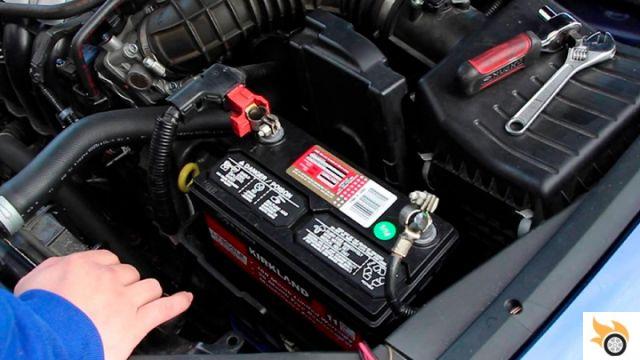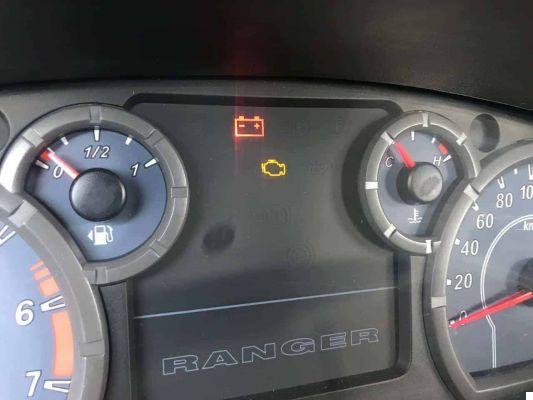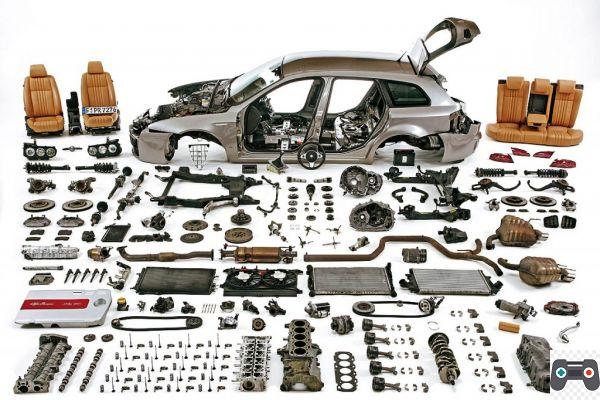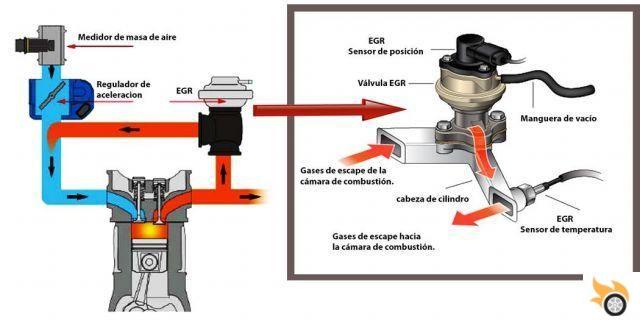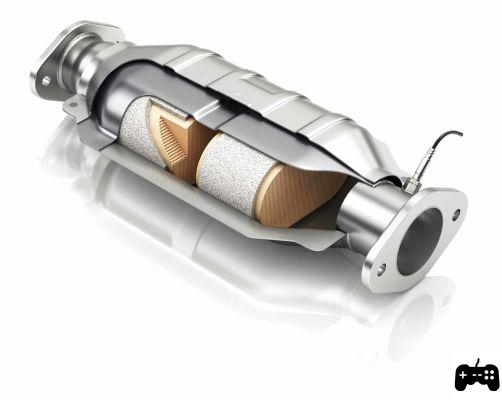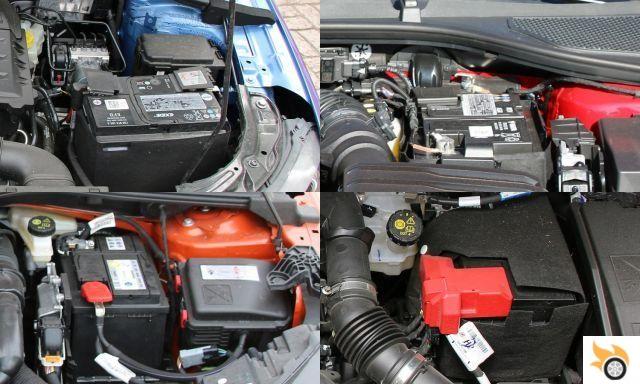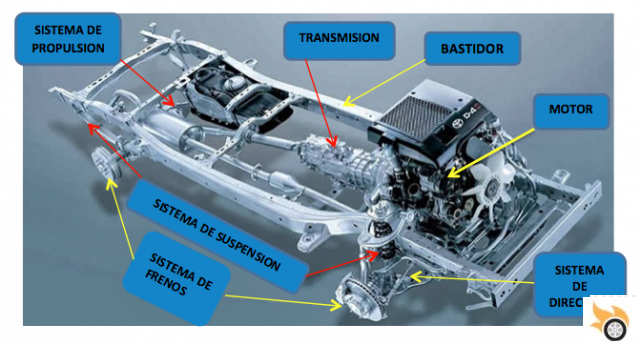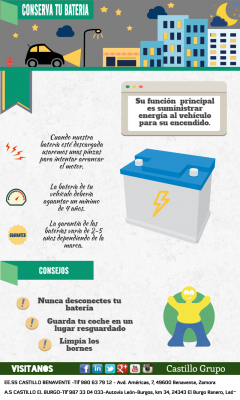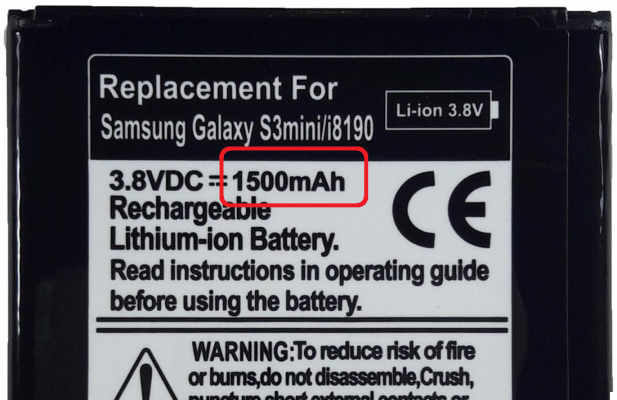
In the battery world, it's common to come across terms like amp-hours (Ah), milliampere-hours (mAh), and kilowatt-hours (kWh). These units of measurement are fundamental to understanding the performance and capacity of a battery, as well as its relationship with different devices and electric vehicles. In this article, we'll explore what an amp-hour is, its relationship to batteries, and why it's important to know.
What is an amp-hour (Ah)?
The amp-hour (Ah) is a unit of measurement used to quantify the capacity of a battery. It represents the amount of electrical current that a battery can supply in one hour. In other words, it indicates the amount of energy that a battery can store and deliver in a certain period of time.
To better understand this unit of measurement, it is important to note that the ampere (A) is the unit of measurement for electrical current, while the hour (h) represents time. Therefore, the ampere-hour (Ah) is the multiplication of the electrical current in amps by the time in hours.
Relationship between ampere-hour (Ah) and batteries
Batteries are devices that store chemical energy and convert it into electrical energy when needed. The capacity of a battery is measured in amp-hours (Ah) and determines the amount of power it can supply. The higher the capacity of a battery in amp-hours, the greater its ability to power electrical devices for a longer period of time.
It is important to note that the capacity of a battery depends not only on its physical size, but also on the technology used in its manufacture. For example, lithium ion batteries typically have a higher capacity compared to lead-acid batteries, despite being smaller in size.
Meaning of Ah and mAh in batteries
In the context of batteries, in addition to ampere-hour (Ah), it is also common to come across the term milliampere-hour (mAh). The milliampere-hour is a unit of measurement equal to one thousandth of an ampere-hour. That is, 1 Ah is equivalent to 1000 mAh.
Using mAh instead of Ah is more common in portable electronic devices such as mobile phones and tablets. This is because the batteries in these devices often have a lower capacity compared to car batteries or energy storage systems.
Calculation and life cycle of the ampere-hour (Ah) of a battery
The calculation of the ampere-hour (Ah) of a battery is made by multiplying the electrical current in amps by the time in hours. For example, if a battery has a current of 5 amps and can supply power for 2 hours, its capacity would be 10 Ah.
It is important to note that a battery's capacity can be affected by a number of factors, including temperature, discharge rate, and life cycle. The life cycle of a battery refers to the number of times it can be charged and discharged before its capacity degrades significantly.
Lithium ion batteries, for example, typically have a longer life cycle compared to lead-acid batteries. This is because lithium-ion batteries can withstand a greater number of charge and discharge cycles without losing capacity.
Why is the battery of electric cars measured in Ah and kWh?
The measurement of the capacity of electric car batteries in ampere-hours (Ah) and kilowatt-hours (kWh) is due to the need to quantify the amount of energy that these vehicles can store and supply.
The amp-hour (Ah) is used to measure the capacity of the battery, that is, the amount of energy that it can supply in a given period of time. On the other hand, the kilowatt-hour (kWh) is used to measure the total energy stored in the battery.
The capacity of an electric car battery is generally expressed in kilowatt-hours (kWh) because electric vehicle batteries have a much higher capacity compared to batteries in portable electronic devices. For example, an electric car battery may have a capacity of 50 kWh, while a mobile phone battery may have a capacity of only 3.000 mAh (equivalent to 3 Ah).
Frequently Asked Questions (FAQs)
1. What is the difference between Ah and mAh?
The difference between Ah and mAh lies in the scale of measurement. Ah represents amp-hours, while mAh represents milliamp-hours. 1 Ah equals 1000 mAh. The utilization of Ah or mAh depends on the size and capacity of the battery in question.
2. How can I calculate the capacity of a battery?
To calculate the capacity of a battery, you must multiply the electrical current in amps by the time in hours. For example, if a battery has a current of 2 amps and can supply power for 5 hours, its capacity would be 10 Ah.
3. What is the useful life of a battery?
The useful life of a battery depends on several factors, such as the technology used, the discharge rate, the temperature and the life cycle. In general, lithium ion batteries have a longer lifespan compared to lead-acid batteries. However, it is important to note that the useful life of a battery can vary depending on the conditions of use and maintenance.
Conclusion
The amp-hour (Ah) is a fundamental unit of measurement for understanding the capacity of a battery and its relation to different devices and electric vehicles. It allows quantifying the amount of energy that a battery can store and supply in a given period of time. Additionally, the use of mAh and kWh in the context of batteries is also important for measuring capacity and total energy stored in different devices and vehicles.
It is crucial to know these units of measurement when choosing a suitable battery for an electric device or vehicle, since the capacity of the battery will determine the range and performance of the same. Furthermore, understanding the life cycle of a battery and the factors that can affect its capacity is essential for its correct maintenance and use.
We hope this article has been helpful in understanding what an amp-hour (Ah) is, its relationship to batteries, and why it's important to know. If you have any additional questions, feel free to leave them in the comments. We will be happy to help you!
Until next time!
The Pistonudos.com team





